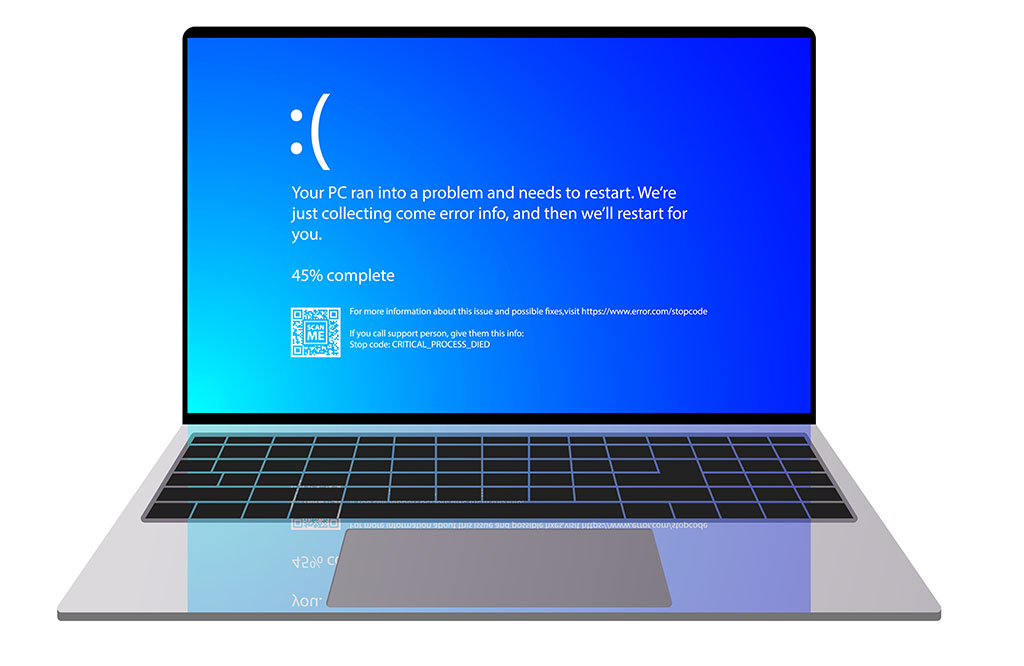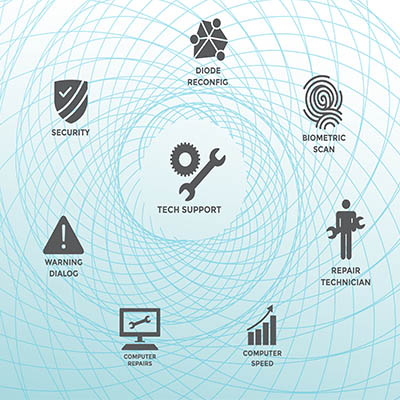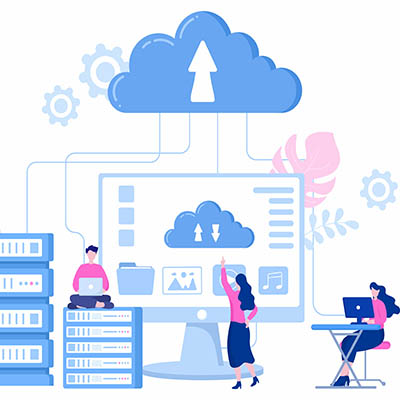The recent CrowdStrike outage that disrupted many Microsoft-run systems has made headlines, even if it didn’t affect you directly. With so many organizations relying on Windows, this incident caused an unprecedented number of computer crashes, impacting over 8.5 million systems worldwide. The outage didn’t just cost businesses billions in lost revenue—it also led to the cancellation of 3,000 flights, throwing travel plans into chaos. As the largest outage in history, it served as a stark reminder that the technology we depend on daily isn’t foolproof. Today, we’ll explore key takeaways from the CrowdStrike outage and how businesses can better prepare for such events.
The Cloud is Just Computers Owned by Someone Else
One of the biggest takeaways from this event is the realization that cloud computing, despite its many advantages, shares vulnerabilities with other computing platforms. A cloud server is, after all, just a computer housed in a data center. The outage caused by a glitch in otherwise reliable security software illustrates just how susceptible these systems can be. If a trusted security update can cause this level of disruption, consider the potential damage a malicious actor could inflict. Many businesses use cloud computing. It’s important, however, to remember that uptime can be affected by factors other than just your internet connection. Ultimately, cloud servers are just computers, and businesses must ensure they’re not solely reliant on third-party vendors for data redundancy.
Invest in Agile IT Support
Given our dependence on computing systems, having a robust IT support system in place is crucial for minimizing potential losses. During the CrowdStrike outage, organizations that could quickly roll back updates fared much better. For smaller businesses, having an agile IT team that can swiftly diagnose and resolve issues can mean the difference between minimal disruption and costly downtime. Big companies may struggle to fix problems quickly, but small businesses can gain a lot from having fast IT help.
Prioritize Business Continuity and Employee Training
Crises happen—whether it’s a global pandemic or a major IT failure. As we saw during the COVID-19 pandemic, many businesses struggled to adapt to new operational challenges. Similarly, the CrowdStrike outage highlighted the importance of having a comprehensive business continuity plan. This plan needs backups for when technology fails, clear roles for team members, and ongoing training. Being prepared can significantly mitigate the impact of technology issues on your business operations.
If you’re interested in discussing how to better prepare for critical IT failures, reach out to the IT experts at North Central Technologies today at 978-798-6805.







